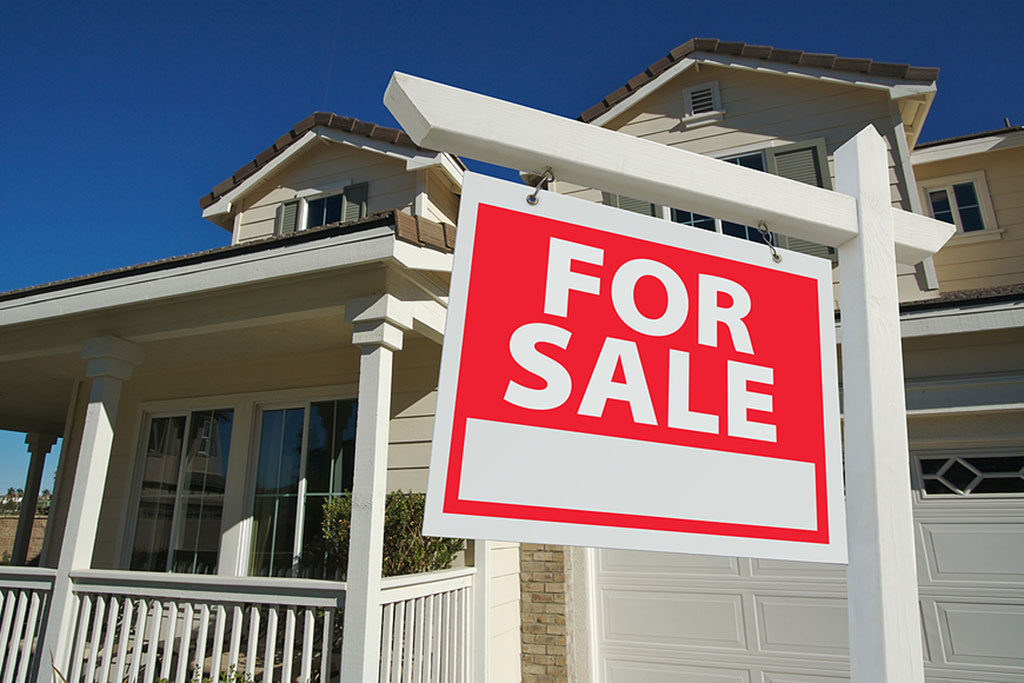Is Buying in 2024 More Practical Than Renting?
With living expenses on the rise and wages stagnant, it’s only natural to wonder about whether your current housing situation is still ideal.
If you’re a renter, ongoing trends may present a compelling opportunity to switch gears and invest in homeownership. Let’s explore why buying a home could be a smarter financial decision than renting in 2024.

What does the current rental market look like?
Traditionally, renting has been seen as a more economical choice than buying a property. In recent years, however, rent has increased almost 30 percent—the cost of single-family rentals in particular jumped 4.7 percent just between January 2023 and January 2024. The key influencers of this inflation, wages, and consumer spending patterns, all of which have changed dramatically since the pandemic hit. And current trends suggest this rise may not be slowing down any time soon.
Due to the high demand for scarce housing options, landlords have been able to drive up prices, leaving renters to contend with exorbitant costs. In fact, more than a quarter of renters in America are paying more than 50 percent of their income toward housing costs—20 percent more than the recommended amount, according to Harvard University’s Joint Center for Housing Studies. This reality may make it the perfect time to consider owning a tangible asset with buying rather than flushing money down the drain by renting.
Is renting still cheaper than owning a home?
It may or may not be. Ultimately, the biggest factor will always be the golden phrase in real estate: location, location, location. Certain metropolitan areas show a persistent shortage in housing supply relative to the growing population, leading increased prices as sellers take advantage of demand and buyers try to outbid the competition. So if you’re currently renting an apartment in a high-cost-of-living city, buying a house in the same area wouldn’t necessarily be cost-effective. But if you’re willing to move to a less sough-after location, homeownership just may be the solution to lowering your living expenses. If you’re house hunting, try shopping in one of the top ten markets for first-time homebuyers: St. Louis, Detroit, Minneapolis, Indianapolis, Austin, Pittsburgh, San Antonio, Birmingham, Kansas City, and Baltimore.

What are the benefits of being a homeowner?
Even with the unpredictability of the market today, renting is a surefire way to invest thousands of dollars into a landlord’s pocket with little to no financial benefit to yourself. Meanwhile, owning a home grants you equity—the difference between what you owe on. Your mortgage and your home’s worth. Each monthly payment you make builds this equity, giving you greater financial security. This is especially valuable when you consider that home prices have increased 13.2 percent in the past year alone. Rising real estate values indicate that the money you invest in your house is likely to eventually yield large returns. The cost of a down payment may be a high number to wrap your head around at first, but your future self will thank you for years to come.
Equity may be one of the biggest benefits of being a homeowner, but there are plenty of other upsides as well. Owning a home could also allow you to take advantage of certain tax deductions, enable you to build your credit, offer greater stability into your life, and lead to increased privacy and overall independence in making your own decisions when it comes to your living situation.
Take these questions into consideration as you consider whether to continue renting or make the leap to buy a home. Although the decision ultimately relies on your unique situation, homeownership is typically a smart investment choice. Not only can purchasing a home positively impact your financial status, quality of life, and future goals, but you also won’t have to rely on the volatility of the 2024 rental market.
Reach out to a real estate agent, who can help you evaluate your budget and options to determine the right move for you.


















